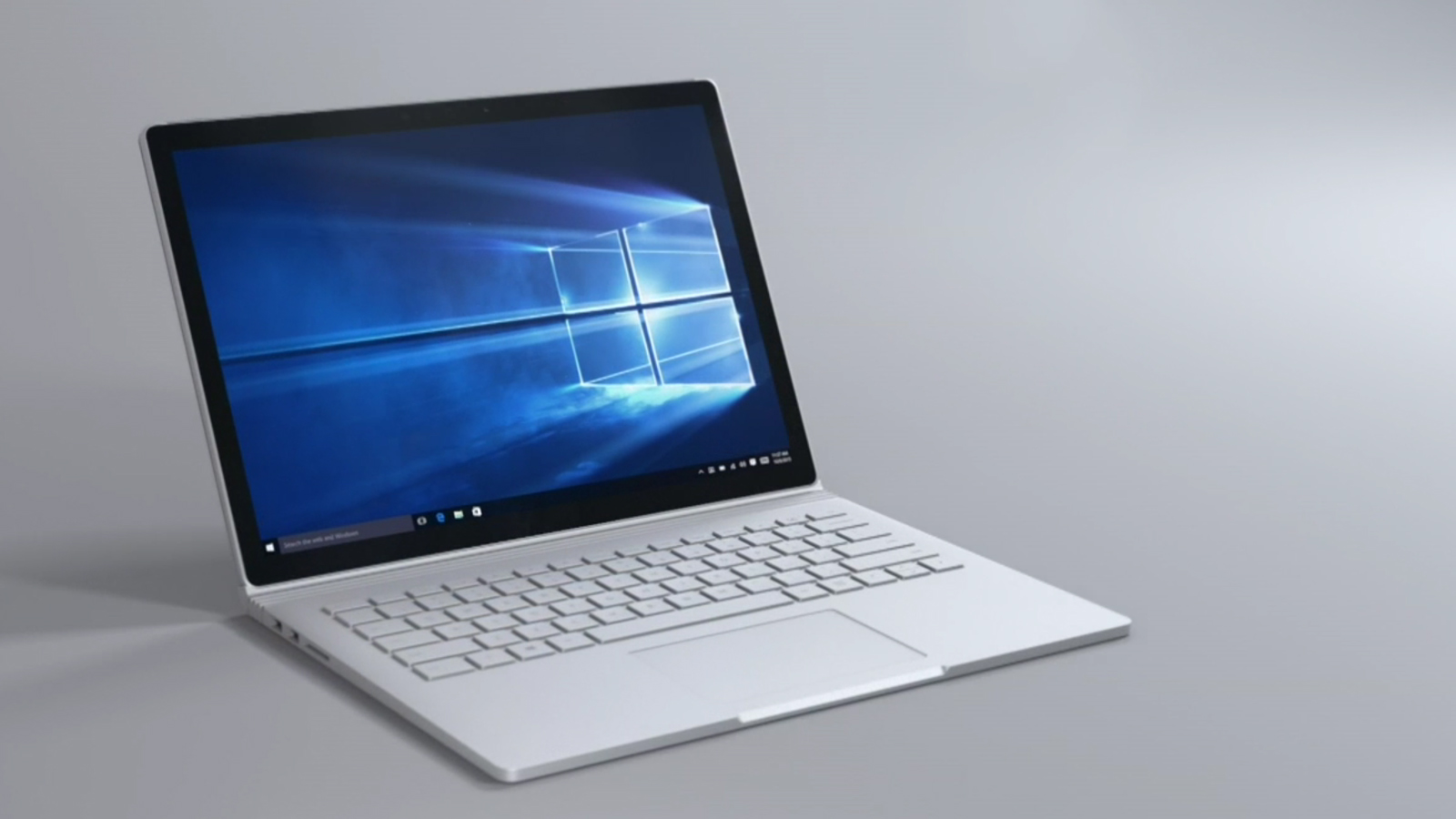Microsoft adds cheaper Surface Book with Nvidia graphics to line-up
If you want the base model with a discrete GPU, your wish has been granted

Microsoft's Surface Book has been causing quite a storm since it was unveiled, billed as the "ultimate laptop", and Microsoft has continued to tweak the range of models available on pre-order.
Sneaking in just before the convertible laptop goes on sale at the beginning of next week, the latest model is a new variant on the lowest-end offering and sports a discrete Nvidia GPU.
It's essentially the base model with a Core i5 processor and 128GB of storage plus 8GB of RAM, only with a discrete GPU added to give the device more pixel shifting muscle than mere integrated graphics.
Naturally, that jacks the price up, so instead of paying $1,499 (around £970, or AU$2,075) for the base machine, with the dGPU on board you're looking at $1,699 (around £1100, or AU$2,350).
Storage or graphics?
That's the same price as the Core i5 Surface Book with 256GB of storage, so another way of looking at it is if you want to take a step up from the base model, you've now got a choice between either doubling up your storage or having a discrete GPU.
Exactly what that discrete graphics processor is, Microsoft hasn't said, but the usual digging and rumours have pegged it at around the same power level as an Nvidia GeForce 940M – something of a disappointment to many people if this is indeed the case (most were expecting something with equivalent to Nvidia's 950M).
Nevertheless, this new twist on the Surface has been impressing many, and some even believe that it will shape the very future of laptops.
Are you a pro? Subscribe to our newsletter
Sign up to the TechRadar Pro newsletter to get all the top news, opinion, features and guidance your business needs to succeed!
Darren is a freelancer writing news and features for TechRadar (and occasionally T3) across a broad range of computing topics including CPUs, GPUs, various other hardware, VPNs, antivirus and more. He has written about tech for the best part of three decades, and writes books in his spare time (his debut novel - 'I Know What You Did Last Supper' - was published by Hachette UK in 2013).
